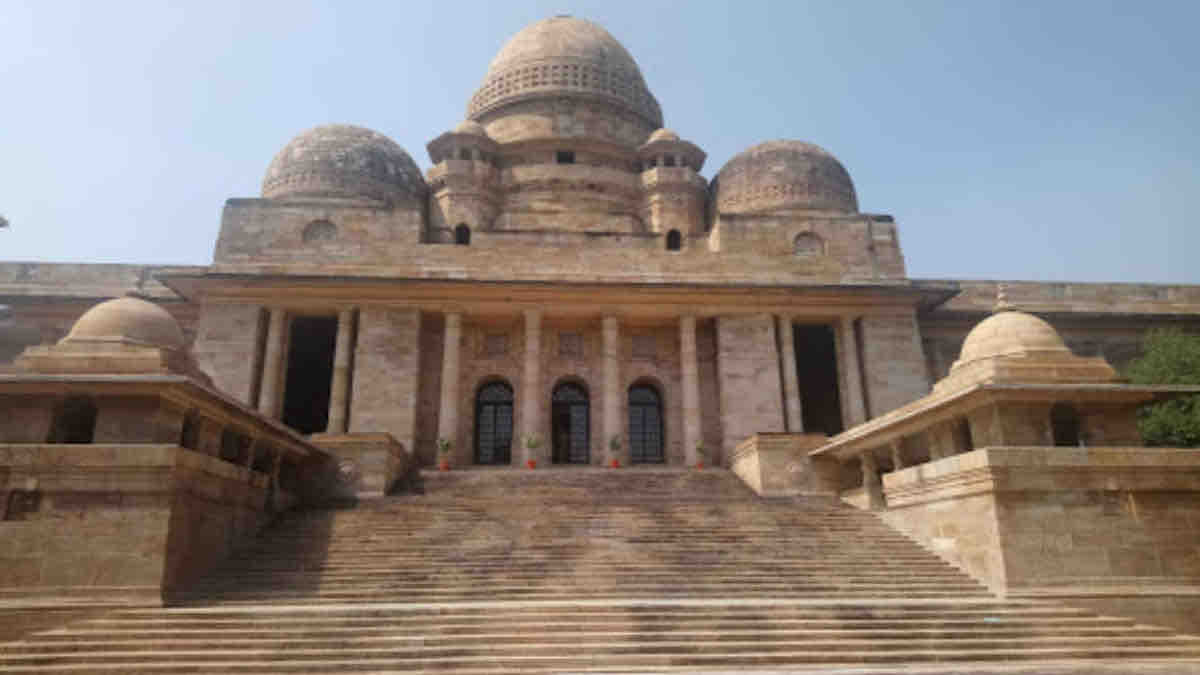In a significant ruling, the Nagpur Bench of the Bombay High Court has acquitted Rahul Gautam Lahase, accused of rape, sexual assault under the Protection of Children from Sexual Offences (POCSO) Act, and transmitting obscene material, citing inconsistencies in the prosecution’s evidence and raising doubts about the credibility of the victim’s account. Background of the
To Read More Please Subscribe to VIP Membership for Unlimited Access to All the Articles, Download Available Copies of Judgments/Order, Acess to Central/State Bare Acts, Advertisement Free Content, Access to More than 4000 Legal Drafts( Readymade Editable Formats of Suits, Petitions, Writs, Legal Notices, Divorce Petitions, 138 Notices, Bail Applications etc.) in Hindi and English.




